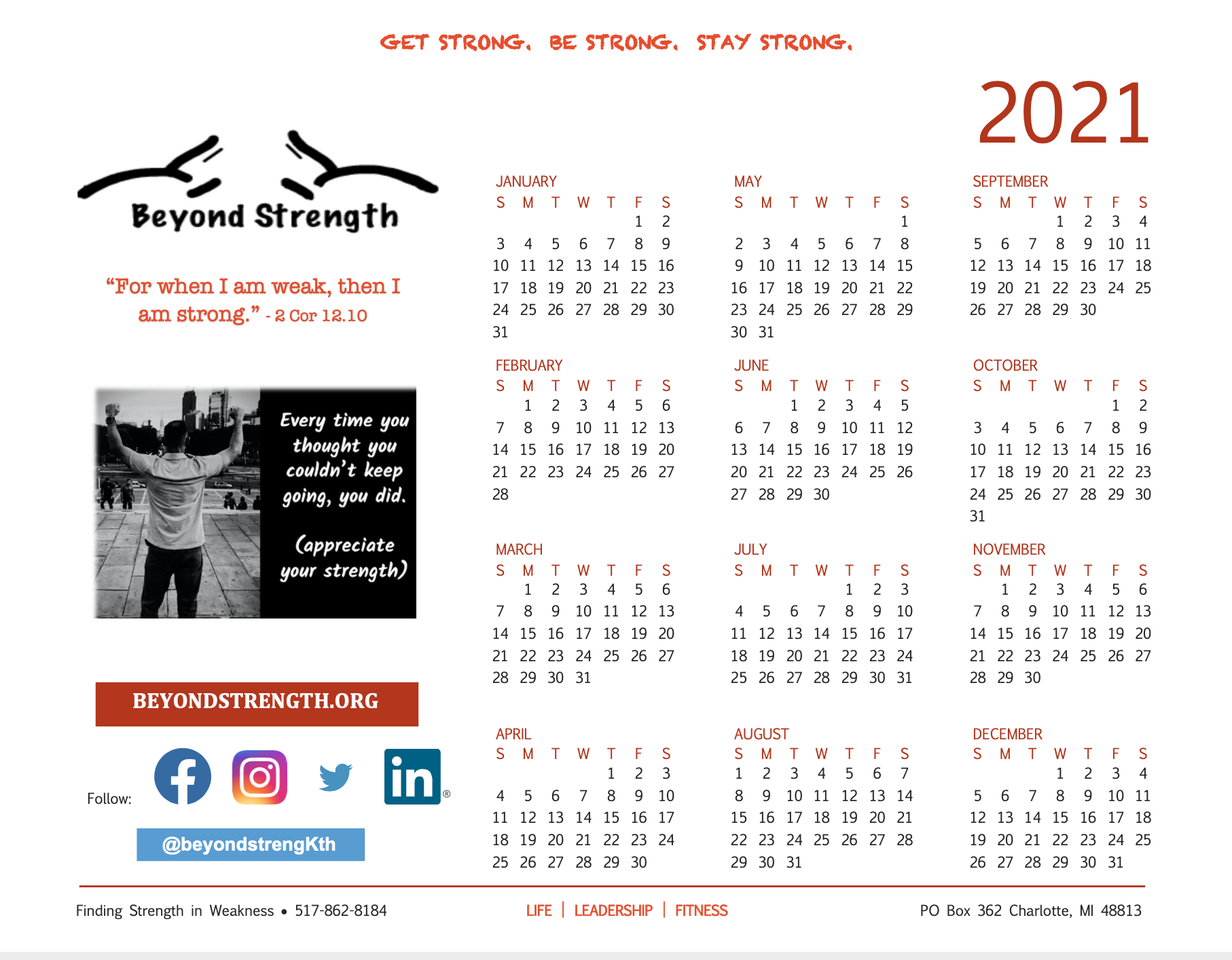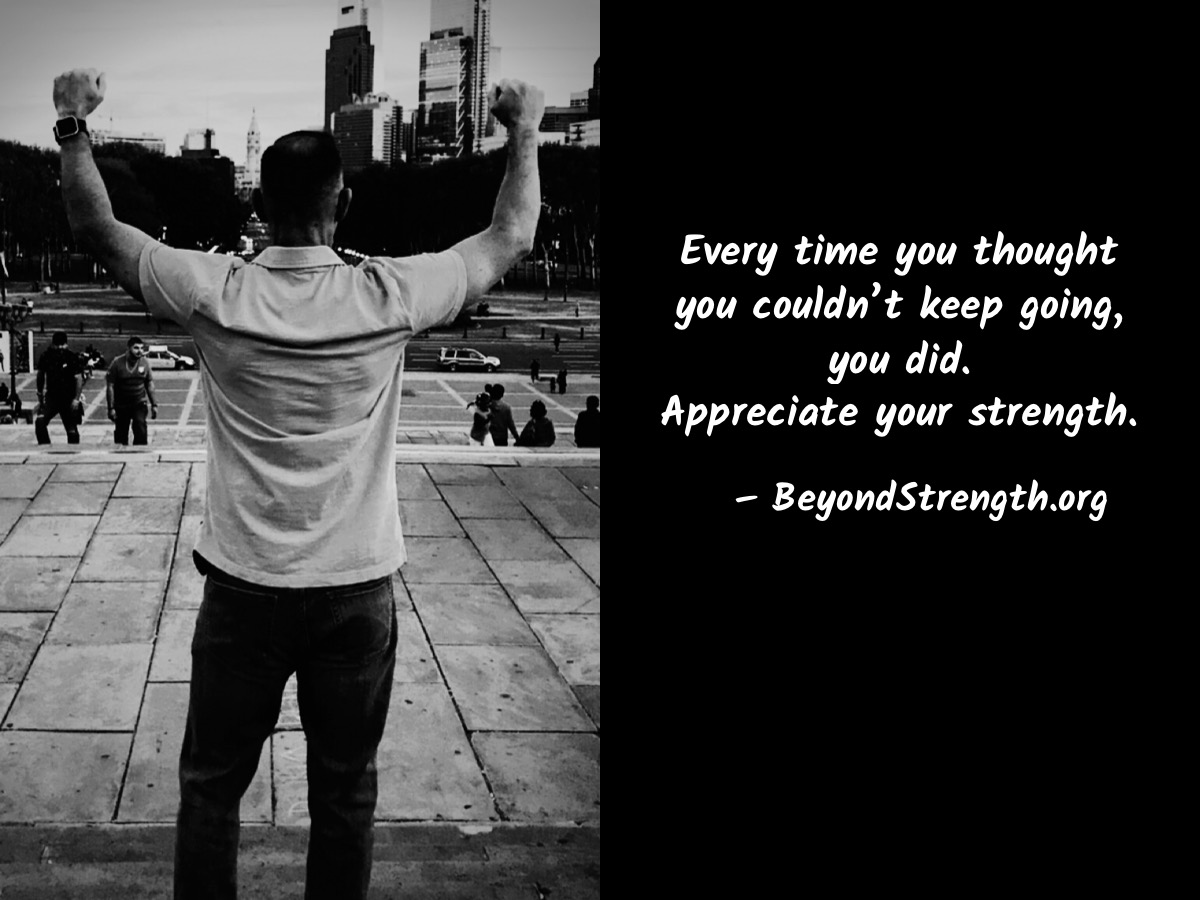If you stumbled across this article assuming it’s about the election or the last six months of political idiocy, it’s not. It’s actually about attitude, motivation, and inspiration. But keep reading! I’m certain you’ll find value, enjoyment and maybe even some parallels.
Pirates of the Caribbean character Captain Jack Sparrow is quoted saying “The problem is not the problem. The problem is your attitude about the problem.” It’s just coincidence that I was on the Caribbean coast of Mexico when the substance of this article emerged.
Being in Mexico resulted from a canceled cruise, but I wouldn’t call it a bad option. The weather, accommodations, surroundings, sustenance, and company were near-perfect. Conversely, as I write this it’s a snowy and windy nine degrees…to say I’d rather be back in Quintana Roo is an understatement. Nonetheless, as I try to warm my icy toes and glance out at blowing snow, I think back to a walk on the beach just a week-and-a-half ago.

Like some of you, I people-watch. Most anyone in the profession of arms will tell you people watching is not just a clumsy excuse husbands use when their eyes wander. For those trained to observe and expected to respond when things go bad, being on ‘constant alert’ becomes hard-wired and perpetual. I suspect it’s why many us us struggle to rest, unwind, or relax…especially in public spaces.
As I sought to ‘unwind’ on the beach, I noticed an athletically well-put-together, short-haired, middle-aged man smoothly striding the Mexican sand with stoic confidence. Were it not for wearing shorts, I would never have noticed his prosthetic lower left leg. The way he carried himself and combination of physical attributes convinced me he was a fellow combat veteran who’d paid a higher price than most. A chance meeting in the gym would later confirm my instant assessment was completely incorrect. But my new friend turned out to be no less impressive and inspirational.
I’ve built a notable gym and enjoy working out at home. I’m thankful to be self-motivated enough to consistently do so alone, but I don’t begrudge those who patronize gyms and derive motivation from it. In fact, it’s long been my desire to open one. But I can do without the posturing testosterone-festivals at some public gyms, where genetically ‘gifted’ beefcakes preoccupied with impressing others look down their flaring nostrils at average guys like me. Still, I sometimes find inspiration there. Mostly from humble, hard-working hard-gainers, unconcerned with attention-grabbing mating rituals. Such was the case with Greg.
He was there to work; harder than most. The fact that he is an amputee made no difference, yet made all the difference. I watched Greg’s presence raise the level-of-effort throughout the gym, mine included. By the time I introduced myself, he was cooling down on a recumbent bike, still sweating more than me. I thanked him for the inspiration and asked, “Was it one of the three ‘Cs’ – cancer, combat, childhood injury?”
There was no hint of annoyance with my imposition, nor hesitation with his answer. He smiled and replied “You forgot diabetes and motorcycle crash. Those are the two I get most often.”
It was a motorcycle crash; broadsided by a car that ran a red light.
Greg freely shared his story there in the gym, and poolside as we chatted off and on the next few days. I quickly came to appreciate and respect his disposition, the human being he is, and what he does to counsel others who’ve suffered catastrophic injuries.
In his book Call Sign Chaos, Jim Mattis quotes a writing by President Thomas Jefferson that reads, “What is good in this case cannot be effected. We have, therefore, only to find out what will be least bad.” According to Mattis, Jefferson was speaking of how to deal with England in 1807.
The context is clearly different, and I don’t presume to speak for Greg. But in my conversations with him, I understood that for three years he underwent recommended surgeries in attempts to preserve his damaged limb. He told me having it removed was one of the best decisions of his life. In his case the ‘good’ could not be effected. His lower leg and foot, despite being ‘preserved’, did not function properly. Amputation, while perhaps the ‘least bad’ option to him at the time, ultimately became the best solution. It’s tough to argue that truth when you see Greg walking down the beach, jumping in the pool, or out-sweating others in the gym. By the way, he still loves to waterski.
Truth is, I wasn’t most stirred by how Greg carried himself, his impressive physical shape, or even his tolerance of a stranger interrupting his workout to ask personal questions. It was his humble spirit and positive attitude. I noted many nuggets of wisdom as we talked, but the one that stuck with me most went something like this: ‘I’ve always believed there’s no sense feeling sorry for yourself…you just gotta pick yourself up by the bootstraps and keep going’.
Well said, Greg. And well-lived. I hope to go skiing with you in South Texas sometime.
Keep doing great things!

Get Strong. Be Strong. Stay Strong.
Mattis, J.N. & West, F.J. (2019). Call sign chaos. New York, NY: Random House.























